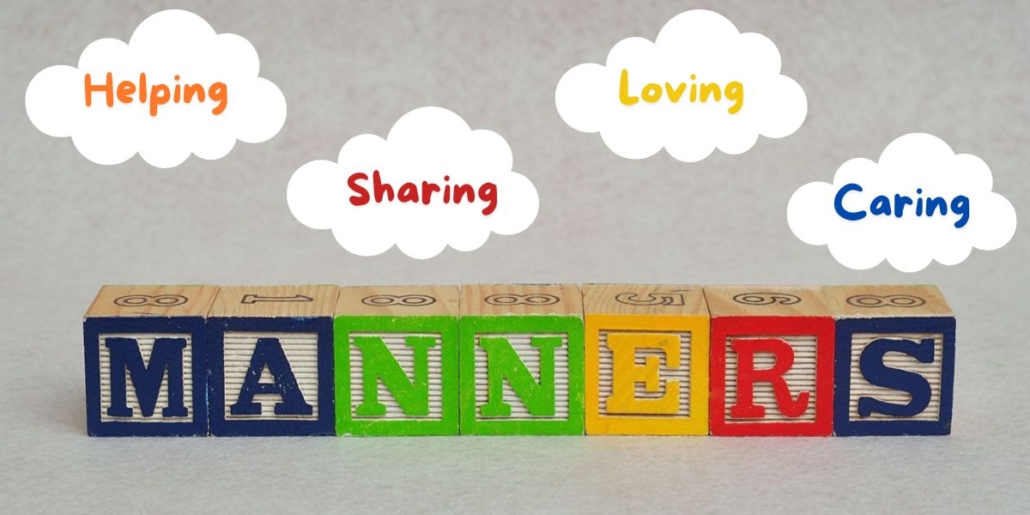Islamic etiquette and manners are essential aspects of daily life for Muslims. Guiding how they interact with others and conduct themselves in various situations. Rooted in the teachings of the Quran and Hadith, these principles emphasize respect, kindness, and moral integrity. Adhering to these guidelines not only enriches one’s character but also fosters positive relationships within the community. This article explores the core aspects of Islamic etiquette and manners that can be incorporated into everyday life.
Key Aspects of Islamic Etiquette and Manners
Respect for Others
- Respect for Parents and Elders: In Islam, showing respect and kindness to parents and elders is of paramount importance. The Quran emphasizes the need to treat them with utmost respect and compassion, as reflected in the verse, “And we have enjoined upon man [care] for his parents. His mother carried him in increasing weakness and gave birth to him in increasing weakness” (Quran 31:14). This principle extends to elders within the community, who are to be treated with honor and reverence.
- Politeness in Speech: The Prophet Muhammad (peace be upon him) encouraged using gentle and respectful language. He said, “The best among you are those who have the best manners and character” (Bukhari). Avoiding harsh words and gossip helps maintain harmony and goodwill.
Good Hygiene and Cleanliness
- Personal Hygiene: Islam places significant emphasis on cleanliness, which is considered half of faith. Muslims are required to maintain personal hygiene through regular practices such as performing wudu (ablution) before prayers and keeping the body, clothes, and surroundings clean. The Prophet Muhammad (peace be upon him) stated, “Cleanliness is half of faith” (Muslim).
- Etiquette of Eating and Drinking: There are specific guidelines for eating and drinking that reflect respect for food and shared meals. For instance, it is recommended to eat with the right hand, to say “Bismillah” (In the name of Allah) before eating, and to share food with others. The Prophet Muhammad (peace be upon him) advised, “When one of you eats, let him eat with his right hand” (Muslim).
Respect for Privacy
- Knocking and Entering: When visiting someone’s home, it is customary to knock on the door and wait for permission to enter. The Quran advises, “O you who have believed, let not your properties and your children distract you from the remembrance of Allah…” (Quran 63:9). This respect for privacy ensures that boundaries are honored and personal space is respected.
- Guarding one’s Privacy: Muslims are also encouraged to protect their privacy and avoid intruding into the private matters of others. This principle promotes a culture of trust and respect within the community.
Kindness and Generosity
- Helping Others: Acts of kindness and generosity are highly valued in Islam. The Prophet Muhammad (peace be upon him) said, “The most beloved people to Allah are those who are most beneficial to others” (Ibn Hibban). Helping those in need, being patient with others, and offering support during times of difficulty are all manifestations of this principle.
- Forgiveness and Tolerance: Islam teaches the importance of forgiveness and tolerance. The Quran instructs, “And let not those of virtue and wealth swear not to give any sort of help to their relatives, the poor, the emigrants for the cause of Allah…” (Quran 24:22). Forgiving others and letting go of grudges contributes to a more harmonious and peaceful society.
Proper Behavior in Public
- Modesty in Dress and Behavior: Modesty is a key aspect of Islamic etiquette. The Quran advises, “Say to the believing men that they should lower their gaze and guard their modesty…” (Quran 24:30). This principle encompasses both attire and behavior, promoting a respectful and dignified appearance and demeanor in public.
- Respect for Public Spaces: Maintaining cleanliness and orderliness in public spaces reflects a sense of responsibility and respect for communal environments. This includes proper disposal of waste and respecting shared facilities.
Conclusion
Embracing Islamic etiquette and manners in daily life not only aligns with religious teachings. But also contributes to creating a more respectful and compassionate society. By adhering to these principles respecting others, maintaining cleanliness, and respecting privacy. By practicing kindness, and exhibiting proper behavior in public Muslims can foster positive relationships and lead by example. Integrating these values into daily routines. Ensures that one’s actions reflect the core teachings of Islam, enriching both personal and communal life.
